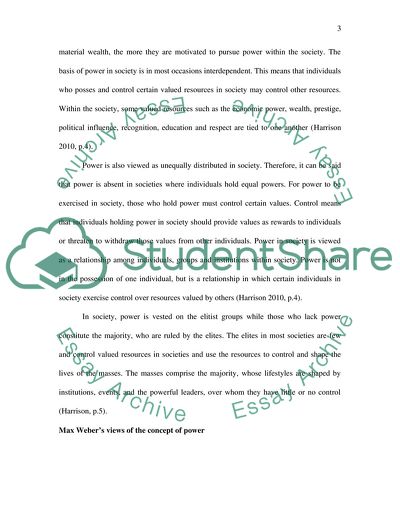Cite this document
(What do we understand by the term power Essay Example | Topics and Well Written Essays - 2000 words - 1, n.d.)
What do we understand by the term power Essay Example | Topics and Well Written Essays - 2000 words - 1. https://studentshare.org/sociology/1791223-what-do-we-understand-by-the-term-power
What do we understand by the term power Essay Example | Topics and Well Written Essays - 2000 words - 1. https://studentshare.org/sociology/1791223-what-do-we-understand-by-the-term-power
(What Do We Understand by the Term Power Essay Example | Topics and Well Written Essays - 2000 Words - 1)
What Do We Understand by the Term Power Essay Example | Topics and Well Written Essays - 2000 Words - 1. https://studentshare.org/sociology/1791223-what-do-we-understand-by-the-term-power.
What Do We Understand by the Term Power Essay Example | Topics and Well Written Essays - 2000 Words - 1. https://studentshare.org/sociology/1791223-what-do-we-understand-by-the-term-power.
“What Do We Understand by the Term Power Essay Example | Topics and Well Written Essays - 2000 Words - 1”. https://studentshare.org/sociology/1791223-what-do-we-understand-by-the-term-power.


